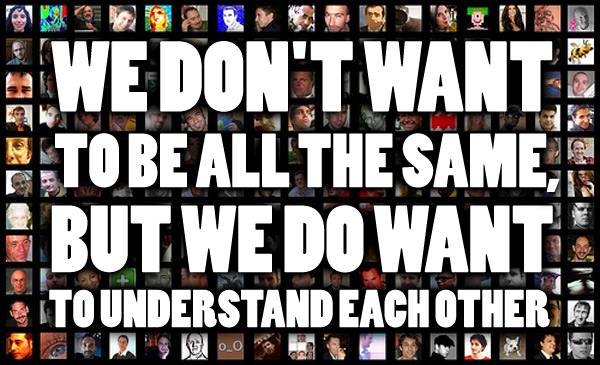Regular participation in online discussion activities is a key part of this course. Each discussion is worth one point, and students are expected to respond to the discussion question and respond to another student’s post to receive credit. It is important to use the material presented in the films and readings in your response in order to demonstrate your understanding of the material. Discussion activities will remain open for the duration of the week for their respective module and will close on Fridays at midnight.
Online Netiquette
Debate and discussion play a central role in intellectual growth and development. All points of view are welcome, yet they must be expressed in an intelligent and non-offensive manner and framed within an academic context. Professionalism is key. Students who revert to slurs, insults or hate-speech will face disciplinary action.
Module One Introduction:
- Introductions
- Hegemony & The Politics of Culture
- Language & Power
- Four Fields
- Ethics in Research
- Socio-Historical Contexts
- Societies & Civilizations
- Colonialism
- MWS & The Global Economy
- Globalization
- Sex & Gender
- Households & Families
- Race & Ethnicity
- Race & Anthropology
- Environment & Education
- Religion
- Law
- Media
- Practice
- War
- Resistance
- Violence
- Outline
- Poster
- World News
- Interdisciplinary

